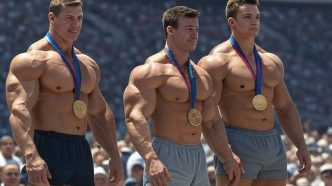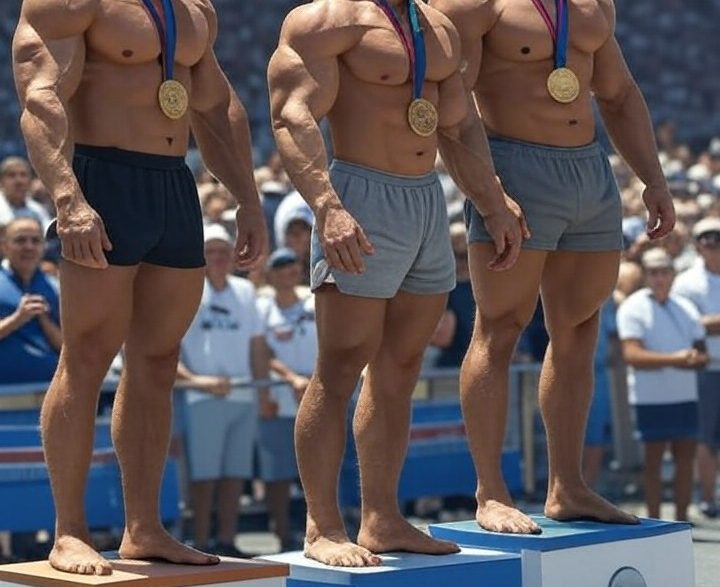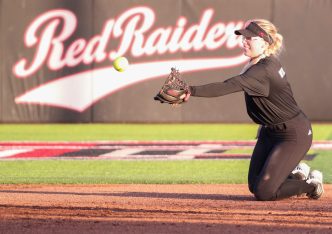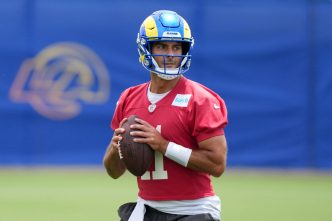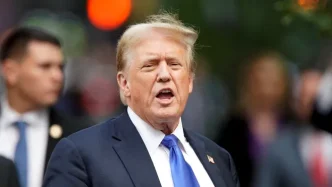In a bold move that could reshape the landscape of competitive sports, plans are underway for the Enhanced League, set to debut in Las Vegas come May 2026. This new league will unapologetically embrace the use of performance-enhancing drugs (PEDs), positioning itself as a revolutionary alternative to traditional sports.
According to recent reports, the Enhanced League has made its intentions clear, announcing a groundbreaking annual competition where athletes will not only be permitted but potentially encouraged to utilize substances such as steroids, testosterone, and growth hormones—often associated with performance enhancement yet typically banned in most sports. It’s a paradigm shift, and one that is bound to stir up conversations on ethics and the future of competition.
However, the league will have its boundaries; although PEDs that carry legal status within the United States may be utilized, illegal substances will not be allowed. Athletes will be required to disclose all drugs they are taking and pass medical screenings, though intriguingly, the league has no plans to enforce a comprehensive drug-testing program.
The Enhanced Games will feature eight distinct sporting events, encompassing both Olympic staples and track-and-field competitions. Athletes can look forward to competing in 50m and 100m races in freestyle and butterfly swimming, as well as 100m sprints and hurdle events in track. Weightlifting will showcase the snatch and clean and jerk, adding further depth to the sporting offerings.
At the helm of this venture is founder Aron D’Souza, who envisions a new era of “superhumanity.” He encapsulates the league’s philosophy with an audacious statement: “The old rules didn’t just hold back athletes; they held back humanity.” It’s a bold claim that underscores the league’s intent to challenge the status quo and redefine athletic achievement.
Participation in the Enhanced Games could result in athletes being banned from many international competitions, including the Olympics. Nevertheless, D’Souza is banking on substantial incentives to attract competitors. The league plans a staggering $500,000 prize pool for each event, rewarding winners with $250,000 alongside additional appearance fees and bonuses for setting new records.
Notably, the Enhanced Games have already enticed swimmer Kristian Gkolomeev, who received $1 million after breaking the world record in the 50m freestyle during a showcase event earlier. He expressed the allure of the venture succinctly: “A successful year at the Enhanced Games for me is more than I could make in 10 careers.”
As anticipation builds around this unconventional league, it begs the question: will elite athletes be drawn to its promise of financial rewards and groundbreaking competition? The existing power structures in international sports, however, appear ready to resist. Travis Tygart, the chief executive officer of USADA, has publicly condemned the Enhanced Games, labeling it “a dangerous clown show that puts profit over principle.”
In a world where the integrity of athletic competition is paramount, the Enhanced League represents a seismic shift that challenges our understanding of sports ethics, personal achievement, and the very boundaries of human performance. As we look ahead, one thing is certain: the conversation about competition, fairness, and what it means to be an athlete is only just beginning.

